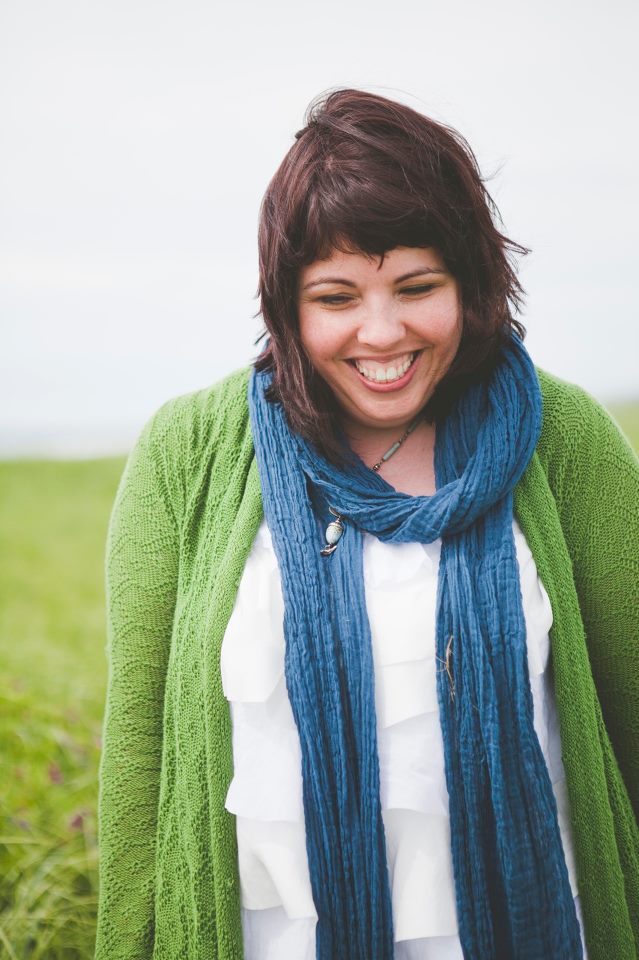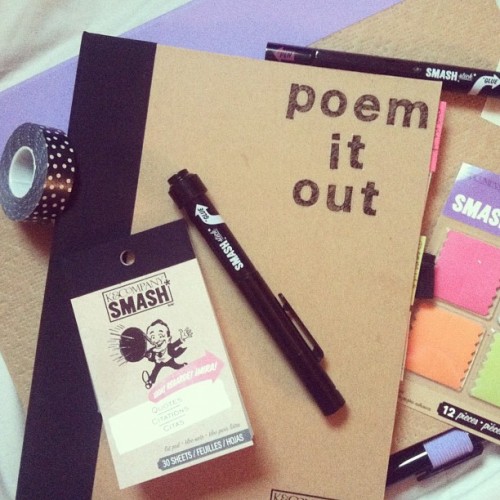female poets: a place to begin

Yesterday, I shared that I'm thinking about the tables I want to sit at when having conversations about the beautiful questions (as David Whyte calls them), and one part of this is sharing more about poetry here on my blog and reading and sharing more female poets.
So here's a list of just a few to get you exploring. Because poets tend not to have personal websites, I'm linking to Poetry Foundation for you to learn more about these female truth tellers and adventurers and read more of their poems. Please feel free to share other female poets and your favorite poems in the comments. I'd love this post to become a beautiful resource for all of us.
Naomi Shihab Nye: Her poem "Kindness" is one of my favorites. I also love her collection Red Suitcase. What Have You Lost? is often by my bedside; it's a collection of poems by others she gathered on that topic.
Marge Piercy: I remember the first time I read "The Day My Mother Died" and stood rereading it again and again, my mouth agape with that "I'm not the only one" kind of feeling swirling around me. I also love the poem "Colors Passing Through Us." And her collection The Moon Is Always Female must be mentioned in this week's poetry conversation.
Sharon Olds: Her poem "I Go Back to May 1937" was the first poem that caused me to say "Oh shit" out loud (there have been others). I've written about it several times (including here), but I have to mention it today because of the way it tells a story so many of us touch around the edges of but seldom have words for. Her collection "The Father" is about her father's illness and death and her reflections on all of it. It is gritty and masterful. In other collections she writes about the real stuff of motherhood and holds nothing back. Here she is reading "The Clasp." (Wow. Just wow.)
Jane Kenyon: I have Kenyon's Collected Poems. I pick it up, read one maybe two poems, then try to catch my breath and put it down for two to four months, then repeat the process. I could probably devote an entire blog post to explain why, but part of me really wants you to discover her on your own and begin your own conversations with her. A few for you to begin with: "Let Evening Come," "Happiness" (you can hear her read it), and "The Shirt," which might just surprise you and make you laugh out loud.
Diane Ackerman: I'm a big fan of Diane Ackerman's A Natural History of the Senses and have had A Natural History of Love on my shelf for a long time. It's now in the pile of books I'm hoping to read this winter. With these books though, you get more of her naturalist/poet self; they aren't filled with poems. You can dive into her poetry in Origami Bridges. And here's one for you to read right now: "We Are Listening."
Elizabeth Bishop: Her personal story just really captures me. She is now recognized as one of the great American poets, but she wasn't well known while alive. So many of her poems rhyme, which is also intriguing to me. Here's one for you: "Full Moon, Key West."
and of course, Mary Oliver: She's my favorite poet. The one I turn to daily. At retreats, I will often pick up one of her books from the basket of poetry I have beside me and just turn to a poem. It is almost always the one the group needs to hear at that point in the retreat. Magic. Her poems often chronicle the walks she takes each day. And they just tell the real stuff about life...about being a human in this beautiful, heartbreaking world. I'm so grateful for her. I pretty much recommend every collection, but Red Bird is a great one to start with. And here's one of her poems, "Breakage," for you to read aloud again and again.
And then there's Nikki Giovanni and Kathleen Norris and Marianne Moore and Susan Howe...there are so many others. Please do share your own favorites in the comments.
Tomorrow our week of poetry continues, so please do meet me back here.
 poetry in
poetry in  poem it out
poem it out 












